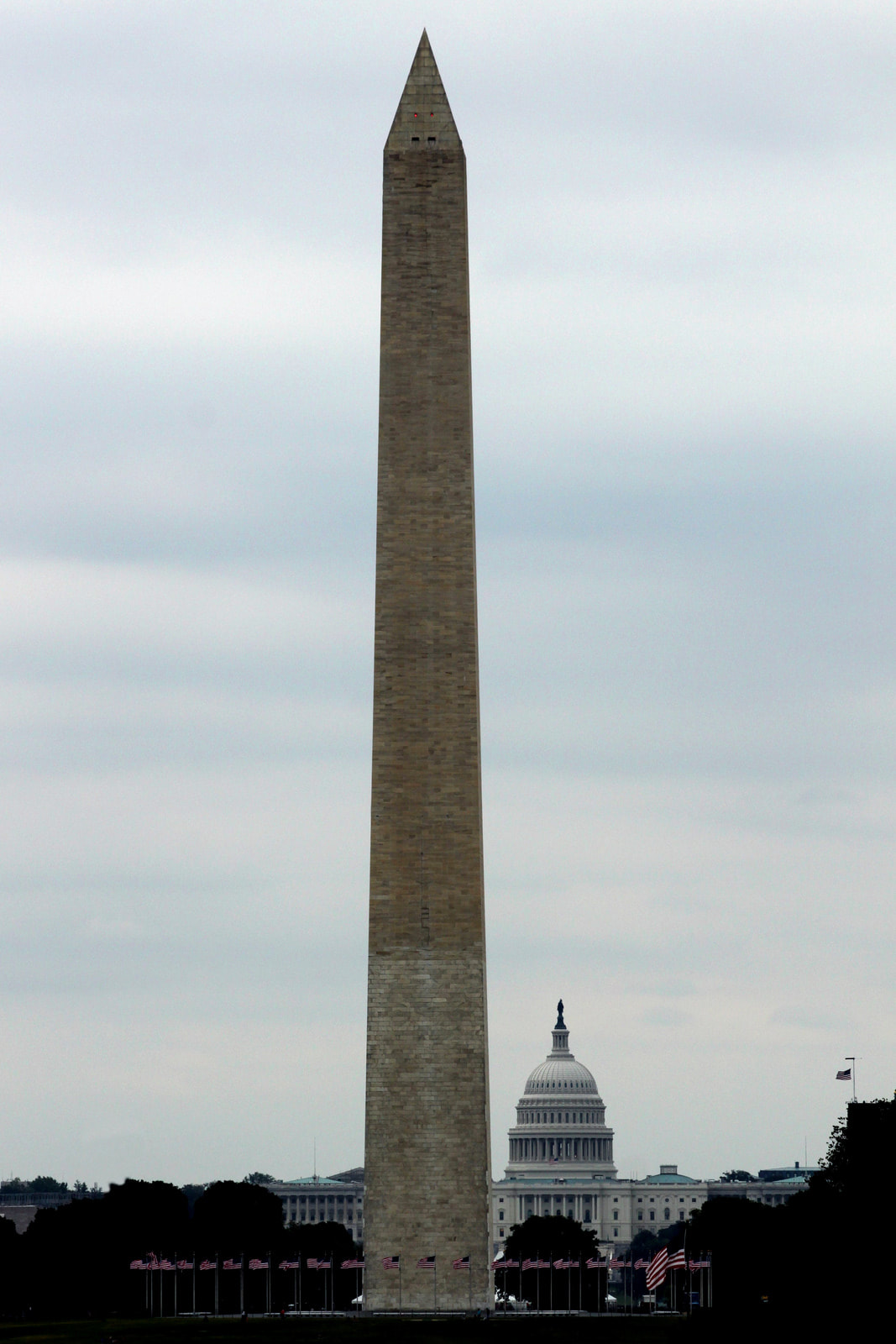| How much of the U.S. federal budget do you think goes toward foreign aid? One third? A half? Perhaps more importantly, do you think the money is well spent? The real answer to the first question is about 1 percent. However, opinion polls tend to show Americans think the percentage is much higher, and in any case they think it’s too much. A Rasmussen Reports poll in March found that 57 percent of likely voters thinks the nation is too generous. The answer to the second question may not be what you expect, either. The story that never seems to penetrate the nation’s collective knowledge is that the world now has disease and preventable childhood deaths on the run in Third World countries. The United Nations and many other organizations are making this |
| | happen, but the United States is a primary force behind the good news. The other story is a little harder to quantify, but it makes logical sense. Nations that get a handle on the epidemic of dying babies are less likely to succumb to radical ideologies that threaten peace in the rest of the world. Poor health, poverty and despair provide fertile ground for violent alternatives. I’ve told this story many times in this column. Two years ago, I met Namala Mkopi, head of pediatric hematology at a hospital in Dar es Salaam, Tanzania. He told me how, prior to 2013, his hospital was filled with dying children, three or four to a bed with many more scattered on the floor on mattresses. That was before vaccines, funded by the United States and other nations, were made readily available. After that, his pediatric ward was empty, he said. No more dying children. This issue has become important again for a couple of reasons. First, the Trump administration is proposing to cut the State Department’s budget by 30 percent, which would also cut funding for the U.S. Agency for International Development and much of what the nation invests in global health programs. Second, because the Gates Foundation just released its latest Goalkeepers report, which clearly chronicles the measurable effects of the nation’s investment in foreign aid. In it, Melinda Gates calls the number of children in developing countries that die before the age of 5 the most important data point on which to focus. In that regard, the progress has been stunning. On an annual basis, 6 million fewer children died in 2016 than in 1990. The trend line is on a steady downward course. Some experts predict that preventable childhood deaths in the Third World could be eradicated totally by 2030. The Global Alliance for Vaccines and Immunization is spreading low-cost vaccines to places where they are needed most. From a conservative point of view, it’s important to note that the programs are set up so that nations begin to cover their own costs once the crisis subsides. In an essay Bill and Melinda Gates wrote for the Wall Street Journal, they drew a clear line between these results and national security. “In a world where pandemic disease spreads from one continent to another in the span of a few hours, where terrorist attacks are more random and frequent, and where political crises trigger mass migration, it is in our collective interest to fight against the daily reality of poverty, sickness and frustration,” they wrote. “Spending a little to keep a child healthy isn’t only a moral imperative; it is also a long-term investment in a secure and thriving world.” Getting back to popular, but incorrect, notions about foreign aid, the Gates said focus groups were asked to draw pictures that depict how they thought it all worked. They got a bunch of drawings of airplanes dropping money over countries; an image they said is a holdover from Cold War thinking. In reality, the U.S. spends about $50 billion per year on aid. While that is the most in the world, it represents a much smaller percentage of the economy than what many other nations give. That isn’t so much an argument to give more as it is to not cut back on what the nation currently gives. If we’ve learned anything over the last 20 years, it is that pandemics, desperation and radicalization don’t quietly confine themselves to small corners of the world. |


 RSS Feed
RSS Feed

